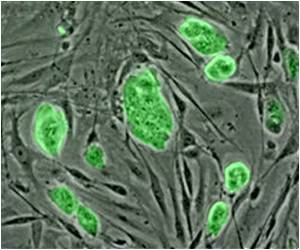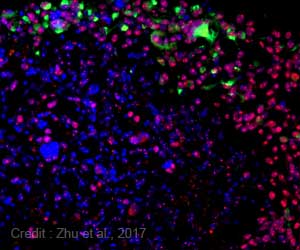According to a recent study a new invasive tumor ablation technique is providing hope for liver cancer patients who cannot undergo surgery. The study of 22 patients at the Universitatsklinikum Regensberg in Regensberg, Germany, found that irreversible electroporation (IRE) successfully destroyed tumor tissue in 70% of these patients.
These patients were not responsive to conventional therapy or their tumor was in a location that was not suitable for standard treatment, said Dr. Philipp Wiggermann, lead author of the study. "If one considers that IRE was really the only option for these patients, the results are very promising," he said. There were two major complications in the study, but neither of them was life-threatening, said Dr. Wiggermann. One patient suffered partial thrombosis of the left portal vein. "It is not clear that the IRE procedure caused the partial thrombosis, but since it appeared after the ablation treatment, it was considered as a therapy-associated side effect," he said.
There was accidental injury to another patient's gallbladder during the ablation treatment. "Accidental injury to surrounding organs is a risk of all percutaneous ablation techniques. Treatment of liver tumors is especially difficult due to the respiratory movement of the diaphragm leading to continuous shifting of the organ position," said Dr. Wiggermann. IRE disrupts the cell membrane and results in cell death. It is currently undergoing clinical investigation for treatment of malignant liver and lung lesions, Dr. Wiggermann said. Dr. Wiggermann's study will be presented April 18 at the ARRS Annual Meeting in Washington, DC.
Source-Eurekalert















